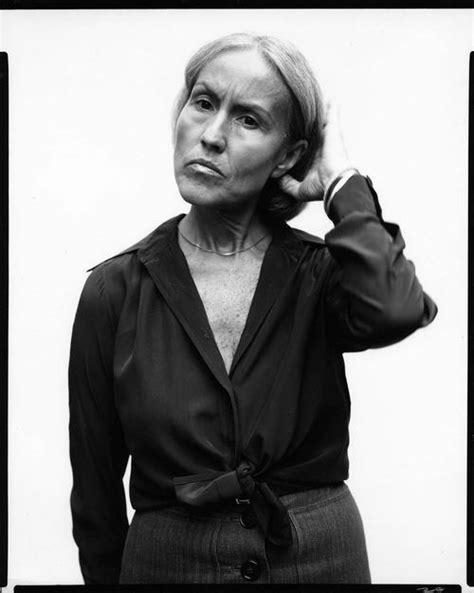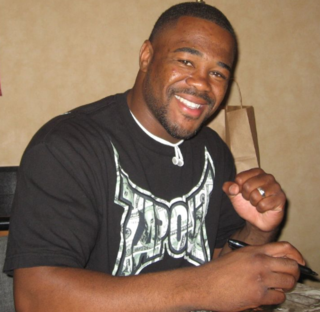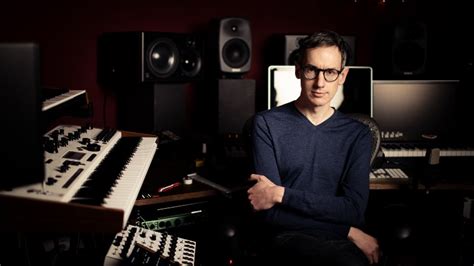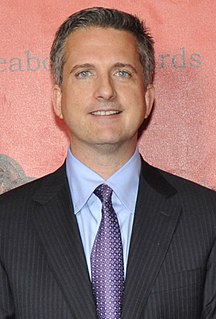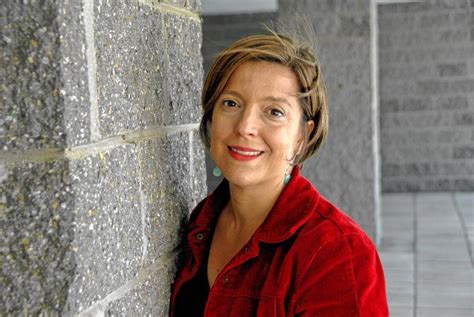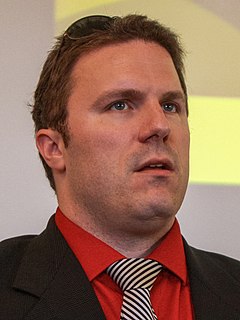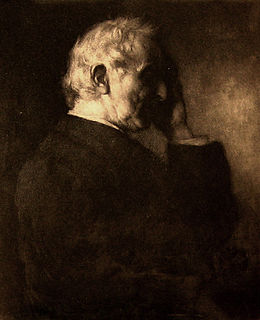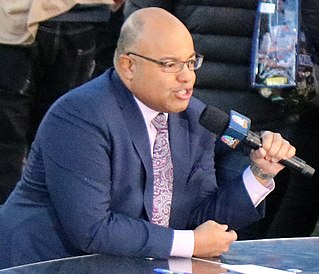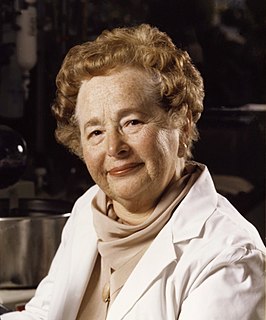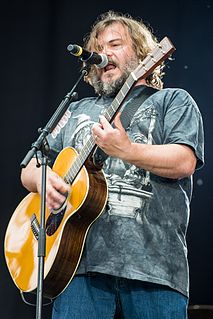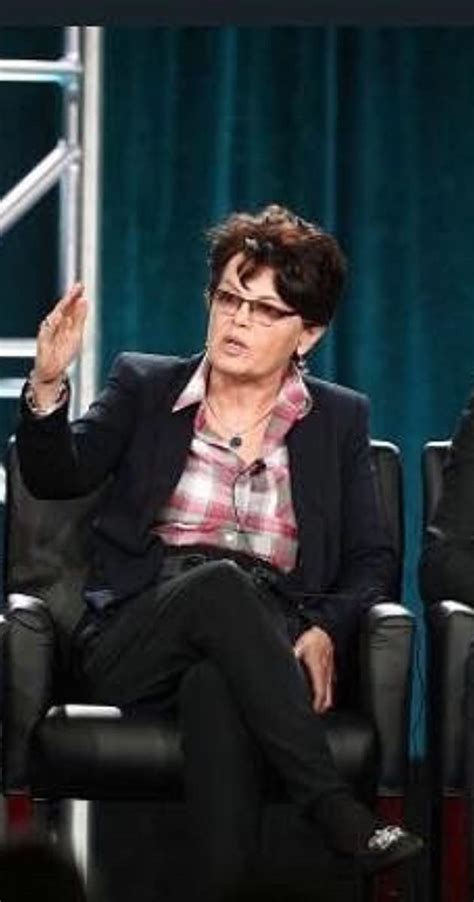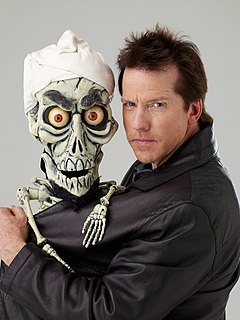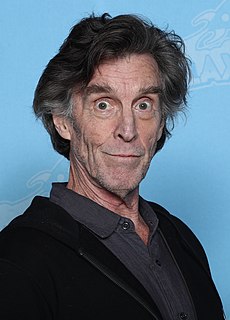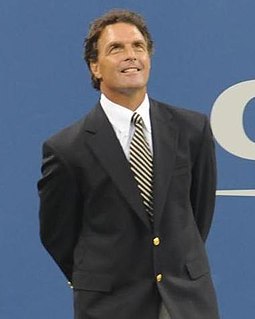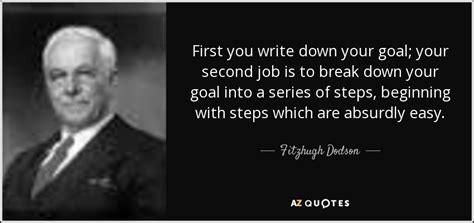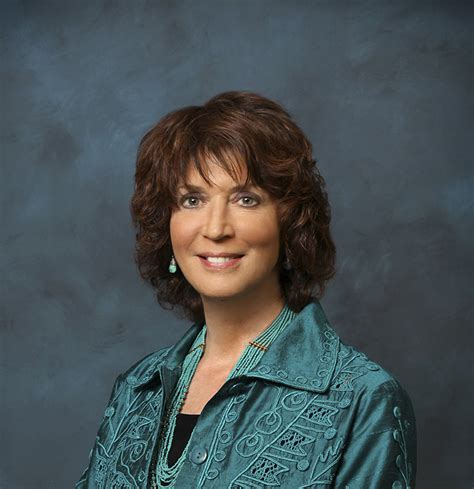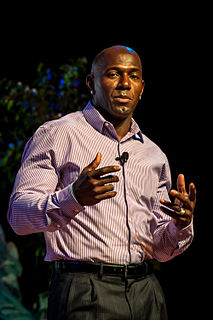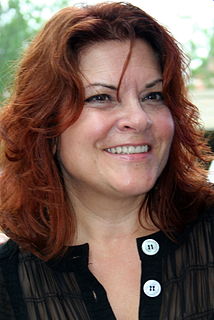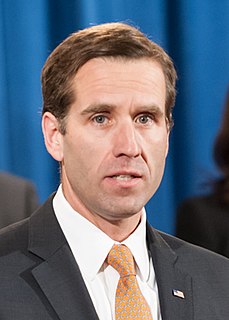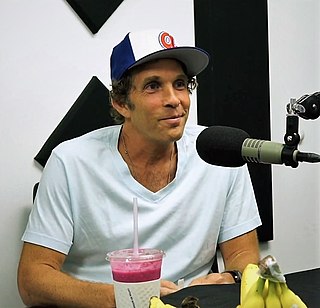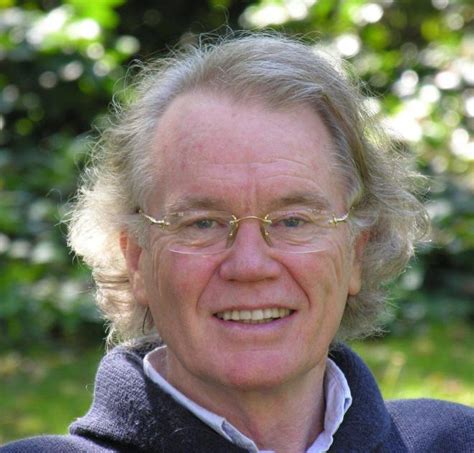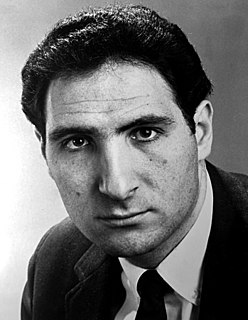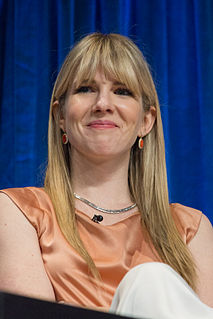Top 725 Graduated Quotes & Sayings - Page 12
Explore popular Graduated quotes.
Last updated on April 19, 2025.
When I graduated from school, World War II was still going on. At the time, my eldest sister, Nancy, was working in New York City at Lord & Taylor, and she had a great friend named Sally Kirkland who she worked with there and who later went to work as an editor at Vogue. I always told them, "I want to work in fashion like you do," and finally, in the late '40s, I got a job at Lord & Taylor, too.
I went to graduate film school at NYU, and at first I didn't get a degree, because I took a scholarship that was supposed to pay my tuition, and I used it to make a film. For the longest time, I never actually graduated. And about 70 percent of the things I learned there I had to unlearn, but 30 percent was really valuable. It's like Mark Twain said, "Don't let school get in the way of your education."
I had just graduated from Michigan State and I was working at a hospital. I was a security guard, I worked at night. Part of my job was putting bodies in the morgue and doing that kind of thing. I used to put bodies in the morgue and take them out. When I got done doing that at the hospital, in the morning I would work out before I went to sleep.
I'm skeptical about even educating voters as a chance for being successful. You know, when we look at what people retain from high school a year after they've graduated, they've forgotten most everything about history and civics and everything, and I think the main worry here is that because your individual vote counts for so little, you just don't have a strong incentive to invest in the knowledge, to retain the knowledge, to process information in a rational way.
Honestly, people told me to. It was weird, I graduated from school, I never thought I'd live in L.A. and I always wanted to be to New York. I assumed that would be my trajectory - that romantic ideal of moving there and doing plays Off-Broadway and being scrappy about it. Then we did a showcase in New York and a showcase in L.A., and for whatever reason the response that I generated in L.A. was significantly more enthusiastic.
I married him [Chris Sarandon] my senior year, and after I graduated, he went to the Long Wharf Theatre in New Haven, and I tagged along and was doing some local modeling and commercials and things like that. A woman named Jane Oliver, who handled Sylvester Stallone, saw Chris at the theater and asked him to come in and audition. We went in and auditioned - he needed someone to read with him. I read with him, and she said, "Well, why don't both of you come back in the fall."
But you go to a great school, not for knowledge so much as for arts and habits; for the habit of attention, for the art of expression, for the art of assuming at a moment's notice a new intellectual posture, for the art of entering quickly into another person's thoughts, for the habit of submitting to censure and refutation, for the art of indicating assent or dissent in graduated terms, for the habit of regarding minute points of accuracy, for the habit of working out what is possible in a given time, for taste, for discrimination, for mental courage and mental soberness.
One of the proudest things I see is, now, 25 years after I graduated, when I go to a Syracuse sporting event, there's a senior or a junior from WAER broadcasting sports just the way we did, and just the way it happened a couple generations before us. That's a great legacy for the university and a great tradition that still continues to this day, and makes those of us who were a small part of it very very proud.
I give it as my fixed opinion, that but for our graduated cadets, the war between the United States and Mexico might, and probably would have lasted some four or five years, with, in its first half, more defeats than victories falling to our share; whereas, in less than two campaigns, we conquered a great country and a peace without the loss of a single battle or skirmish.
To students: I pray that all those young people who have graduated, do not carry just a piece of paper with them but that they carry with them love, peace and joy. That they become the sunshine of God's love to our people, the hope of eternal happiness and the burning flame of love wherever they go. That they become carriers of God's love. That they be able to give what they have received. For they have received not to keep, but to share.
No one has found a gene for IQ. "Heritability" means that identicial twins are more similar than fraternal twins, right? Fraternal twins more similar than non-siblings. The heritability is 50 percent if your parents went to college. But if your parents never graduated high school the heritability is zero. Zero.
When? At this time, while you have all the opportunities, if you do not do your best to achieve the pure, stainless path to enlightenment when will you do it? If you don't meditate, don't practise the graduated path to enlightenment, especially bodhicitta, in this life, then when? When will you practise? When will you have this realization? If, in this life, you don't achieve renunciation, bodhicitta and sunyata, as well as the two stages of tantra, when will you? When will you have these attainments? When will you become enlightened? When will you perform perfect work for sentient beings?
My father emigrated from Lithuania to the United States at the age of 12. He received his higher education in New York City and graduated in 1914 from the New York University School of Dentistry. My mother came at the age of 14 from a part of Russia which, after the war, became Poland; she was only 19 when she was married to my father.
A year after I'd graduated college, I went to a weeklong conference intensive in Boston, and that's when things kicked into high gear. My workshop leader was a Harvard professor and editor. At the end of the week we met one-on-one over breakfast, and she said, in essence, "Look, you're ready to turn pro." She gave me a list of literary agents to query once I had something to show them. I came home and wrote my first real novel, and the agent that sold it to Tor Books was on that list.
I'd done some acting in high school. Then I went to Kenyon College and got thrown in jail and kicked off the football team. Since I was determined not to study very much, I majored in theater the last two years. Got my degree in speech; they didn't actually have a degree in theater. I graduated at two o'clock in the afternoon, and at three-thirty I was on the train for Williams Bay, Wisconsin, for summer stock, and then I did winter stock.
In the summer after kindergarten, a friend introduced me to the joys of building plastic model airplanes and warships. By the fourth grade, I graduated to an erector set and spent many happy hours constructing devices of unknown purpose where the main design criterion was to maximize the number of moving parts and overall size. The living room rug was frequently littered with hundreds of metal “girders” and tiny nuts and bolts surrounding half-finished structures. An understanding mother allowed me to keep the projects going for days on end.
We made 'Mickey and the Bear' with barely any money with a first-time director, a first-time director of photography, and a crew who had just graduated from NYU film school. We were all very much in this together for the first time. There's no famous actor or big explosions. It's not a Marvel movie. I thought nobody was going to see this film.
I took a year of karate. It was like obligatory... every kid was taking like one year of karate and one year of piano in my town. It was Bruce Lee and Liberace. But I was not a white belt. I graduated. I had a colour belt - but that's all you need to know. It could have been black, it could have been yellow, or it could have been anything in between.
Screenwriting is a terrible way to make a living and I always try to talk anyone out of it. Until you sit in a story meeting with studio executives with no particular ability or actors who haven't even graduated high school telling you exactly how to change your script, you haven't experienced what it's really like to be a screenwriter in Hollywood. Also, unlike novelists and playwrights, you don't own the copyright on your original material. It hurts when you sell a project you love and then suddenly the project you really cared about will never see the light of day.
Men can become twins with age. The past was their common womb; the six months of rain and the six months of sun was the period of their common gestation. They needed only a few words and a few gestures to convey their meaning. They had graduated through the same fevers, they were moved by the same love and contempt.
My daughter just graduated college and she's a dance major. She's done a couple of dance videos already and won Miss Massachusetts a couple of weeks ago. She's going out for Miss United States the second week of July, out in Las Vegas. She will probably wind up going to New York and trying the Broadway thing.
American companies spend more than $200 billion each year hacking women's bodies into bits and pieces, urging comparisons between self and other, linking value to air-brushed ideals, and as the girls in my seventh-grade class graduated to high school and beyond, the imagery around us would only grow more specific, more pummeling, more insidious.
Some people, in working towards a goal, find themselves seized by inertia when it comes time for action. If this should happen to you, despite the small graduated steps, then it is time to re-examine your goal. Consider how important it actually is and then either discard the goal and replace it with more suitable one or continue the steps with a renewed sense of the value of achieving it.
I played for my first church service when I was nine years old. I was sufficiently tall to be able to reach the pedals. The first hymn I played was Bringing in the Sheaves, and to this day I can play it in any key. I graduated to a Hammond organ a few years later when we went to another church, and then in high school came one of the loves of my life, the pipe organ. The sound of the pipe organ still gives me a thrill, whether soft strings or drowning out the orchestra as in Strauss' Also Sprach Zarathustra.
I had this whole plan when I graduated high school: I was going to go to college, date a few guys, and then meet THE guy at the end of my freshman year, maybe at the beginning of my sophomore year. We'd be engaged by graduation and married the next year. And then, after some traveling, we'd start our family. Four kids, three years apart. I wanted to be done by the time I was 35.
Always do I recall the parting words uttered by my old governor: "My boy, never . . ." I won't set 'em down. I disregarded them fool-like and paid, and paid; had I a son I'd hand 'em on and ram 'em home. What fools we be when young. We fancy we be wise, forgetting that the old boys have graduated in the 'varsity of the world, the greatest 'varsity of all, and each day we should learn from they.
I did my BA in English lit, and hated the restriction - I'd always read more in translation than not; coming from a working-class background, what I knew of as British literature - the writers who made big prize lists and/or were stocked in WH Smith, Doncaster's only bookshop until I was 17 - seemed incredibly, alienatingly middle-class. Then in 2009, just after the financial crash, I graduated with no more specific skill than 'can analyse a bit of poetry'.
Growing up the way I grew up, food was scarce. So when you had an opportunity to eat, you ate. When I graduated from high school and went to college, I weighed 160 pounds. So, I knew I had to put on the weight. I ate everything from fried food to fried chicken wings. When I came to Green Bay, I did the same thing because I was 172 pounds.
Every time I think I’m getting smarter I realize that I’ve just done something stupid. Dad says there are three kinds of people in the world: those who don’t know, and don’t know they don’t know; those who don’t know and do know they don’t know; and those who know and know how much they still don’t know. Heavy stuff, I know. I think I’ve finally graduated from the don’t-knows that don’t know to the don’t-knows that do.
People don't understand: I've always been busy. They think that, "Oh, he's too busy, blah blah blah...," but for me, this is how it's always been. I took 18 credits every semester of college, graduated in three years, took graduate school courses, played football and baseball my whole college career. I've never stopped, and that's where that phrase "No Time 2 Sleep" is always true. I get motivated by success, by winning, by being around great people.
My mother was a full-time mom, and Dad started his own business. He was a mini-American dream story. Came from Russia at age 4, started his own pen business in Brooklyn. The company isn't around now, but he created his own healthy little world, leaving a decent legacy. My dad taught at Cooper Union but was never fully graduated himself.
I was always interested in drawing and painting. I enrolled in college to study painting. But I didn't have any livelihood when I graduated. My mother died very young, and I didn't have any home, so I had to find a way to earn a living. It seemed to me that photography - to the great disappointment, I have to say, of my painting teacher - could offer that. So I went and did a degree in photography, and then after that I could go out and get paid for work. For portraits, things like that.
But just in proportion as this process of extermination has acted on an enormous scale, so must the number of intermediate varieties, which have formerly existed, be truly enormous. Why then is not every geological formation and every stratum full of such intermediate links? Geology assuredly does not reveal any such finely graduated organic chain; and this, perhaps, is the most obvious and serious objection which can be urged against the theory. The explanation lies, as I believe, in the extreme imperfection of the geological record.
The fact is that in my prep school, I went to a boarding school, 39 young men graduated from that prep school. Five years later, a quarter of us were in SDS, in Students for Democratic Society. Not because we were particularly chosen or because we were as I say, we were lucky but we were mainly luckily to grow up at a time where this black freedom movement was really defining the moral character of what it meant to be a citizen and a person.
He wanted us to play whatever we played in the most characteristic and appropriate style. Even it was the theme from 'The Godfather,' you needed to play that then the way that a Hollywood producer would expect it to be played. Whether it was that or the posthorn solo from Mahler's Symphony No. 3, he would expect that to be played in the way that Leonard Bernstein wanted to hear it. In retrospect, I think it was a sensational way to teach this particular group of students. By the time you graduated you could absolutely read anything with any trumpet.
The obsessive focus on a college degree has served neither taxpayers nor students well. Only 35 percent of students starting a four-year degree program will graduate within four years, and less than 60 percent will graduate within six years. Students who haven't graduated within six years probably never will.
My father was brought to this country as an infant. He lost his mother as a teenager. He grew up in poverty.Although he graduated at the top of his high school class, he had no money for college. And he was set to work in a factory but, at the last minute, a kind person in the Trenton area arranged for him to receive a $50 scholarship and that was enough in those days for him to pay the tuition at a local college and buy one used suit. And that made the difference between his working in a factory and going to college.
I almost flunked first grade and also the second, third, forth, and fifth; but my younger brother was in the grade behind me and he was a brain and nobody wanted to have me be in the same grade as him, so they kept passing me. I never learned how to spell, graduated from eighth grade counting on my fingers to do simple addition, and in general was not a resounding academic success.
I'm from Malibu, California. Once I tell people, they're like, 'Oh, of course you're from Malibu; that makes sense.' I guess I am your typical just-graduated-high-school-in-Malibu type of girl. Our school was just across from Zuma beach, and we all wore Lululemons and bathing suit tops to go to the grocery store - no makeup, no shoes.
When I was younger, I definitely wish I had felt more... I just wish I had started actually putting out my music earlier because I didn't do it until I graduated high school and felt like I was leaving. That's mostly because I have never liked my voice a lot or been like a particularly great singer.
When I was 18 years old, I went on the road with my dad after I graduated from high school. And we were riding on the tour bus one day, kind of rolling through the South, and he mentioned a song. We started talking about songs, and he mentioned one, and I said I don't know that one. And he mentioned another. I said I don't know that one either, Dad, and he became very alarmed that I didn't know what he considered my own musical genealogy.
I went to University after my A levels and did a degree in performing arts. It was only when I got there that I realized there were stage schools out there, and you had your union and your contacts and The Spotlight and this whole world of the acting industry that I had no idea about. So when I graduated, I took a year out and just thought really hard about whether it was something I knew enough about, and whether it was the career I could dedicate the rest of my wacky life to.
I graduated in June 1948 and then went in the fall to the art school. I stayed with my cousins on Seventeenth Street in the beginning, and later had my own apartment very near there and was able to walk to the Art Institute on Elmwood Avenue. The school had a faculty of local artists - Jeanette and Robert Blair, James Vullo who were well known in the area. It was a school that I think thrived on returning GIs, as many schools did at that time. It was a very informal program - but it was professional.
I graduated high school in 1989, and there was no alternative rock radio, and there wasn't really good college radio you could get on a car stereo. Once you get a car at that age, you're spending all the time you can away from home, sometimes just driving around aimlessly. Listening, or not even listening, but subconsciously soaking up this classic rock barrage.
It was a very excellent day over there at HBO/Cinemax when they bought 'Powers' . I felt like I graduated television college, because they make amazing television. The person who said yes to Veep said yes to us, which made me feel very good about myself for five seconds. Which my self-loathing doesn't usually allow me to feel. Even I could not say that that wasn't a fun day.
In the 17 years since I graduated from this great College of Law, I have seen that, for many of us, it becomes increasingly easy to rationalize our actions in the name of expediency when facing difficult decisions-to choose a path where the ends justify the means. I want to ask you to challenge Machiavelli's philosophy. I want to humbly suggest that you be the guardians of a more complicated truth: that the means are as important-and sometimes even more important-than the ends.
When I graduated college, I remember all I really wanted was to make enough money to have a swimming pool, because I love to swim, to grow my own fruit. I wanted to have a little plot where I could grow my own oranges and make enough money where I could to take two weeks off a year. I figured if I had that, it was game over.
A child who had been introduced to misery in Saudi Arabia, a teenager who went to wage jihad against the Soviets in Afghanistan, a deeply devout Muslim who had graduated with honors in medicine, a man who had fed a stranger to wild dogs in Damascus, a zealot who had dosed three foreigners with smallpox and watched them die in agony, gave thanks to Allah for the blessings that had been bestowed upon him.
I was not going to be an actor. I was an engineer in physics. That's what I did: I graduated with a physics degree, and I had become a little bit distressed that I'd have to work for somebody - anybody! And I thought, "I'm not going to make a mark on anything. If I can't express myself, then I don't know what the heck I'm going to do with this life." I think it was just one of those germs that said, "No, no, no, you've got to say things. You've got to tell people things. You've got to express your opinion in this life, because that's how you started."
I went to the graduation the other night of my first great grandchild - he's 21 or 22; and right at the graduation I looked, and 92 percent of those who graduated at the University of Illinois were females. Where can a Black female, who are now the lawyers, the engineers; they are the ones graduating with top degrees; where will they find in a Black male a counterpart that is equal to them? We are filling the jails, we are filling the prisons.
Definitely haven't been doing writing. I'm so intimated by it now because I sort of put it to bed after I graduated, and I got so focused on acting. But it is something that I hope get brave enough - even if I just go back it for myself - it is something that is very close to my heart and I do hope that it's not something that is gone forever from my life. I guess that's just a choice; no one's going to that do for me, so I need to be the one to do it.
I took part in a theatre festival in Massachusetts two summers after I graduated from college. Then I was in Los Angeles thinking: "I'm going to go to New York." I'd decided that I would not have a chance of a film career, so I was about to make the move. I bought a plane ticket and found a place to live in New York, packed my bags and of course the universe "told me" that I was not meant to go. Suddenly, a week before I was supposed to leave, I had three job offers and one of them was my first movie.
Oh God, are there so many of them in our land! Students who can’t be happy until they’ve graduated, servicemen who can’t be happy until they are discharged, single folks who can’t be happy until they’ve found a mate, workers who can’t be happy until they’ve retired, adolescents who aren’t happy until they’re grown, ill people who aren’t happy until they’re well, failures who aren’t happy until they succeed, restless who can’t wait until they get out of town, and in most cases, vice versa, people waiting, waiting for the world to begin.
